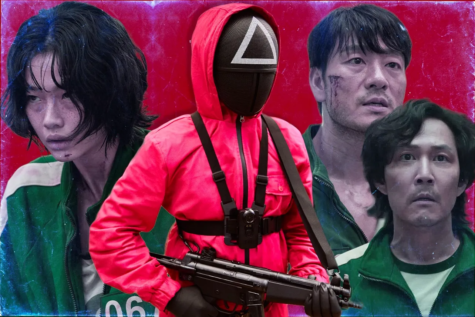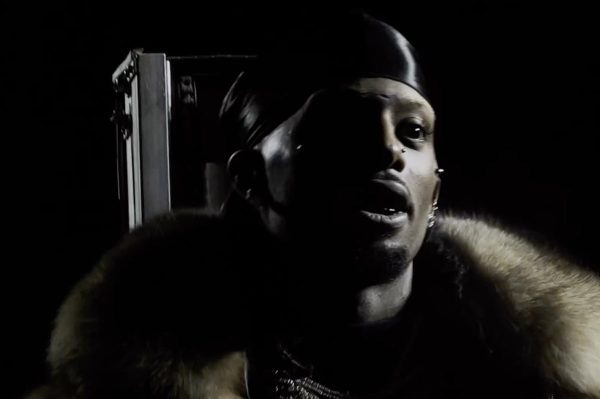Squid Game: A deeper analysis
What seems to be a typical death game, Squid Games stood out amongst the rest emotionally and artistically. It refreshes the genre extremely well and gives a unique spin to it like no others. It’s like Fall Guys mixing with Hunger Games.
 The art design and background set are very childishly vibrant that contrasts the dark undertone that its story has for it, which makes it very unsettling as well as intriguing. The cinematography effectively emphasizes the scenes and moments so well that I felt like I was in that moment as well.
The art design and background set are very childishly vibrant that contrasts the dark undertone that its story has for it, which makes it very unsettling as well as intriguing. The cinematography effectively emphasizes the scenes and moments so well that I felt like I was in that moment as well.
Characters are very unique in that they’re morally complex and developed across the game that I don’t think any of the characters felt cartoony in the slightest. Except for one character, Player 212, who’s acted so well at being the most obnoxious character than the video game companion I had. The antagonists amongst the players are threatening reactively but it’s not like a generic psychopathic character doing it just because they’re crazy for the sake of crazy, unlike Amaya in the Japanese film As the God Will. Squid Game does a pretty good at fleshing people out to where we like but also understands their awful decision, with some more than others.
This show is very character-focused and grounded in reality in that each character has their own kind of situation for why they’re participating in the game rather than the typical forced situation with complete obliviousness. This is what makes it stands out that we end up rooting for the characters to prevail in the game. Episode six is definitely the show’s highest peak because of the character’s relationship with one another and how it was built up from the prior episode, it hits strong and hard to the core emotionally that it became one of the few rare instances where I actually cried without knowing.
Although I don’t understand Korean, they’re very well acted in their facial and vocal expressions towards others. I strongly recommend watching the show in Korean with subtitles rather than the English Dub. The English Dub is very unauthentic and laughably goofy especially in the Korean setting when pronouncing the Korean names that the lips sometimes don’t match at all. A sample of Squid Game’s terrible English Dub can be seen here: The Dub
The game or trial in the show are rather simple children’s games like ‘Red Light, Green Light’, so don’t expect anything crazy unique with the set pieces. Because of that, we’re given more focus and investment with characters. The set pieces are mostly practical which makes them very authentic and believable. CGI is very reserved and hardly used which is a big plus.
The only strife I have with the show is in the last three episodes with the investigating subplot with a character not participating in the game and just ended at a literal cliffhanger with no answer. It reveals certain behind-the-scenes by spoon-feeding us information about the people behind it, which loses some of the show’s intrigue and mystery about it but when it doesn’t answer much, it’s very out of place and causes a tonal dissonance that it serves practically nothing but set up for season two.
The ending is left on a cliffhanger and obviously setting up for season two but in all honestly, it shouldn’t. If it retains its mystery to the very end, I would’ve thought otherwise. If season two were to occur, I don’t know how it would approach it with the information we were spoon-fed in the latter half of the show and we already experiences the children’s game.
Overall, Squid Games is a very well-acted and extremely well-crafted piece of art to enjoy. It’s only muddied by the answer is given to us but not very crippling to the point of hating it.
Show Rating: 90/100
Recommendation: 5/5

My name's Andrew Un, I'm currently a Senior who's also a CCHS journalist but mainly does opinionated pieces on CCHS Oracle. I share various objective and...
















